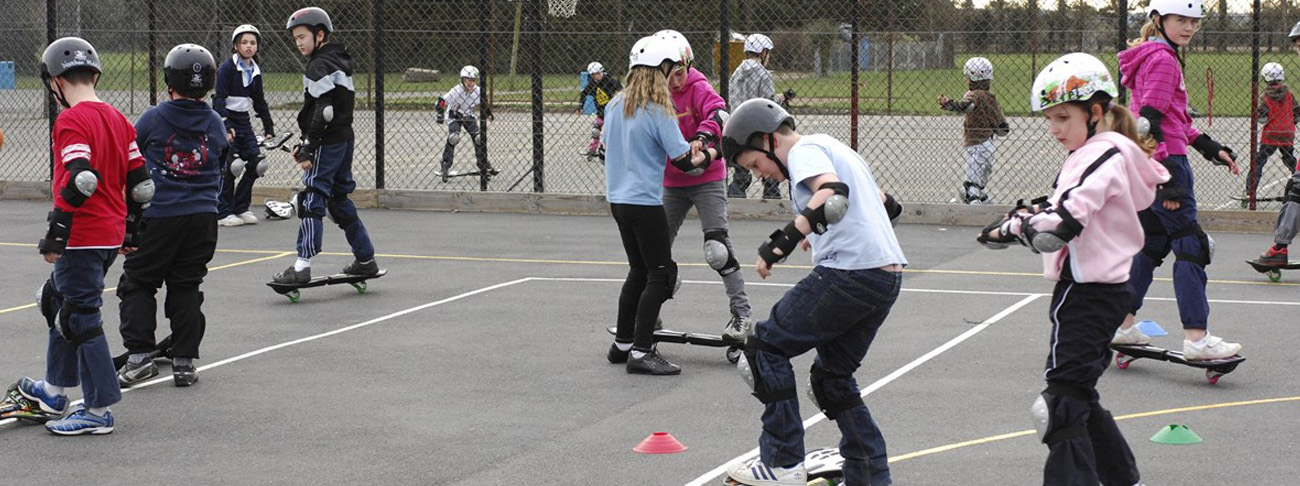
Recording
Key points to remember when recording information in relation to safeguarding.
- Record keeping is of critical importance
- Recording should avoid:
- use of judgmental language;
- giving your personal opinion.
- Recording should be:
- factual, accurate and legible;
- recorded using the child's exact words, where possible
What needs to be recorded
To ensure that information is as helpful as possible, a detailed record should always be made at the time of the disclosure/concern, which should include the following:
- The alleged victims name, age and date of birth if under 18;
- Their home address and parents/carers telephone number;
- Whether or not the person making the report is expressing their own concerns or those of someone else;
- The nature of allegation. Include dates, times, any special factors and other relevant information;
- Avoid opinion or hearsay;
- A description of any visible bruising or other injuries. Also any indirect signs, such as behavioural changes;
- Details of witnesses to the incidents;
- The victim's account, if it can be given, of what has happened and how any bruising or other injuries occurred;
- Have the parents/carers been contacted? If so what has been said?
- Has anyone been alleged to be the abuser? Record details.
Where possible this should be confirmed in writing within 24 hours and the name of the contact who took the referral should be recorded.
If you are worried about sharing concerns about abuse with your appointed person in the club, you can contact social services or the Police
Statutory Contacts
